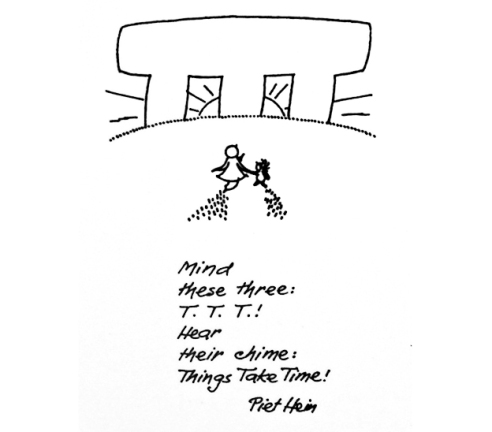I was trying to think about whether anything can happen without the passing of time. I don’t think so. Everything takes time. Whether it’s something good or something bad it require time to manifest. Of course, the amount of time varies but everything does take a certain amount of time. We may want things to happen quickly, or instantly, but life simply doesn’t work that way.
What has me thinking about this passing of time is my current healing process, after having had shoulder surgery 3 weeks ago. A lack of info from my doctor beforehand in regards to what I should expect post surgery sent me researching online. Fortunately I came across a few very helpful sites that stated it would be 9-12 months before I should see full function and strength return after surgery. This info helped me to have a general idea of what to anticipate and allowed me to be develop a realistic approach to healing, rather then set up intangible goals. Often we have irrational and illogical ideas when it comes to how long we think things should take – whether it surrounds our losing weight, stopping smoking, mourning the loss of a loved one, finding a well matched mate, learning something new, cultivating closeness/friendship/community, healing from trauma or illness, transforming unskillful habit energies, or starting a new chapter in our lives. Things take time.
This can be a deflating sentiment to hear when we’re in the midst of struggle but if we practice continuously, when we’re not experiencing difficulties, we may find that we’re better prepared when those hard times arise. How do we practice, then, with the teaching that Things Take Time? We practice by cultivating our deep connection and appreciation for the present moment. We learn to come back to our breathing in and our breathing out so that we may take good care of ourselves and those around us in the ever changing here and now. We practice to experience the great gift of life, everyday.
We can also learn how to hold and embrace the teaching I like to call: This AND That. In our western culture we don’t tend to be very skilled in the art of non-duality. We like to separate and delegate things to a certain category or feeling: good OR bad, right OR wrong, happy OR sad, this OR that. Non-duality is the art of holding two somewhat opposing side of the same coin. In the case of things taking time, while it is important to understand that change tends to happen slowly it’s equally important to understand that every little step we take makes a difference. It can be terribly defeating to only focus on how long something will take us to transform or heal or create. But if we are able to balance out the unknown amount of time something will take us with the insight that every drop of rain eventually fills up a bucket then we can more skillfully manage our expectations.
Learning how to be present in the here and now helps us to cultivate patience, tolerance, flexibility, perspective, and self-care. There are many practices and tools that can help us to become more present, such as: walking meditation, sitting meditation, mindful breathing, reciting gathas (mindfulness verses), mindful eating, stopping and listening to the sound of a bell (whether it be the phone ringing or a designated mindfulness bell on your computer or phone), making time for things you enjoy that naturally enable you to focus your full attention on what you’re doing (gardening, writing, biking, running, hiking, swimming, knitting, fishing, playing an instrument…), or attending a retreat or meditation group. There are many different doors we can enter through to increase our mindful energy. There is no one universally “right” door that will work for everyone. But please know that it will take time to find what doors work best for you and it will take time to embody what lies inside those doors.
And when we’re feeling discouraged that something is taking what we deem as too freekin’ long, as will happen and is a natural part of the human experience, let us remember to come back to the anchor of our breathing. When our minds are clouded by distraction, our feelings are wrapped up in frustration or stress, or our bodies experience pain or illness our breath is the first thing that goes. Meaning, the breath responds to our mental, emotional, and physical states of being. When we are in distress our awareness of breathing tends to vanish quickly – our breath becomes shallow, quickened, and tight.
Our breath is our anchor to the present moment, allowing us to be, and stay, here now with whatever is happening. If we are not able to come back to our breathing in everyday moments we will not be able to take refuge in it during times of difficulty. It may sound overly simplistic – so much so that we may question how mindfulness of breathing could possibly benefit us. Practice and see what happens. With continued practice we can see for ourselves the difference it can make. And of course, this too will take time.


